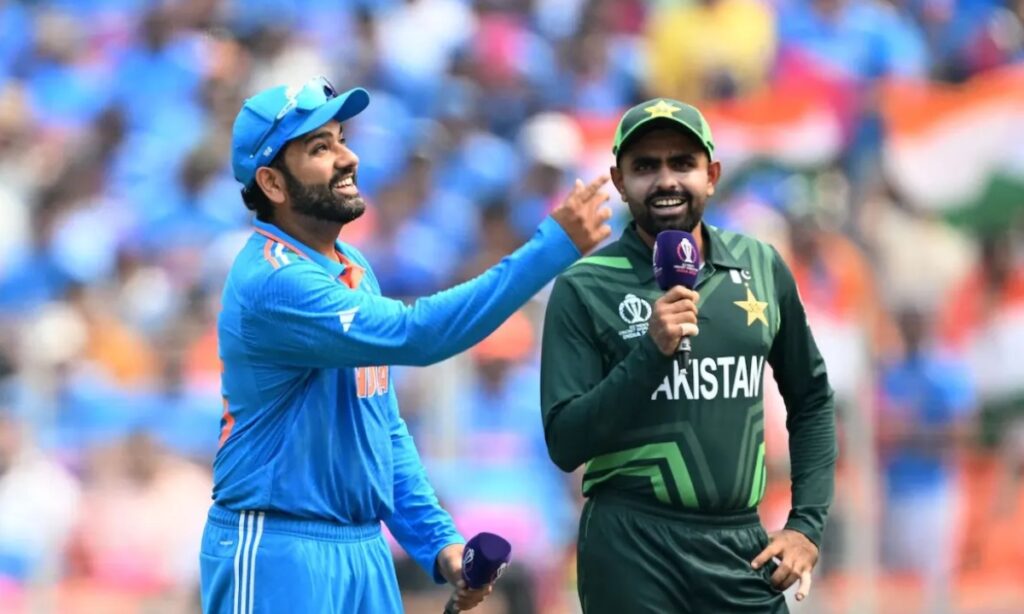In an unexpected twist to the already complex saga surrounding the ICC Champions Trophy 2025, former Pakistan captain Rashid Latif has made headlines by advocating for a bold move. His suggestion for PCB to preemptively boycott the tournament before the Board of Control for Cricket in India (BCCI) could do the same has stirred significant debate within the cricketing world. This comes at a time when the financial stakes of the tournament are under scrutiny, with the potential for massive losses looming over the International Cricket Council (ICC).
Rashid Latif, speaking at a recent event, minced no words: “Pakistan should boycott the Champions Trophy now. Before the BCCI takes this step, PCB should take it. Champions Trophy shouldn’t happen anymore. We have always been made scapegoats, be it Afghan war or cricket. PCB, ACB, and ICC are the same as they can’t fight against the BCCI. They have got the chance to push Pakistan at the front. We have joined hands and are fighting against it, but the only fear is that if India boycotts, where do we stand?” His statement not only reflects the frustration but also highlights the geopolitical tensions that often spill over into the sports arena.
The financial implications of such a boycott are monumental. Breaking down the numbers reveals the stakes involved:
Total value of Champions Trophy media rights: US$750 million (Rs 6,354 crore)
Total matches in the tournament: 15
Potential loss if India pulls out: 90% of total media rights value (Rs 5,720 crore)
Potential loss if PCB pulls out: Less than 10% (Rs 635 crore)
This stark contrast in financial impact underscores the commercial importance of India-Pakistan matches, often dubbed as the marquee fixtures of any cricketing event. If PCB decides to boycott, the ICC would face a loss of Rs 635 crore, a significant amount but far less devastating compared to the Rs 5,720 crore at risk if India were to pull out. Latif’s bold statement thus pivots on the idea that by making the first move, Pakistan could potentially influence the dynamics of international cricket politics, albeit at a cost.
The underlying narrative here is not just about the immediate financial loss but the broader implications for cricket’s governance and the relationship between cricket boards. Latif’s call to action is a critique of how the ICC has historically managed the tensions between India and Pakistan, suggesting a need for a more balanced approach to hosting rights and event organization. It’s a moment where cricket transcends sport, touching upon issues of national pride, international diplomacy, and the business of cricket.
Rashid Latif’s urging for PCB to boycott the Champions Trophy is more than a mere suggestion; it’s a strategic play in the chess game of international cricket. While the financial implications are clear, with a potential saving of Rs 5,085 crore if Pakistan acts before India, the move would also be a statement against the backdrop of cricket’s evolving politics. Whether this will lead to actual action remains to be seen, but it certainly sets the stage for a decisive reevaluation of how cricket tournaments are negotiated and executed in the face of political and financial pressures.

